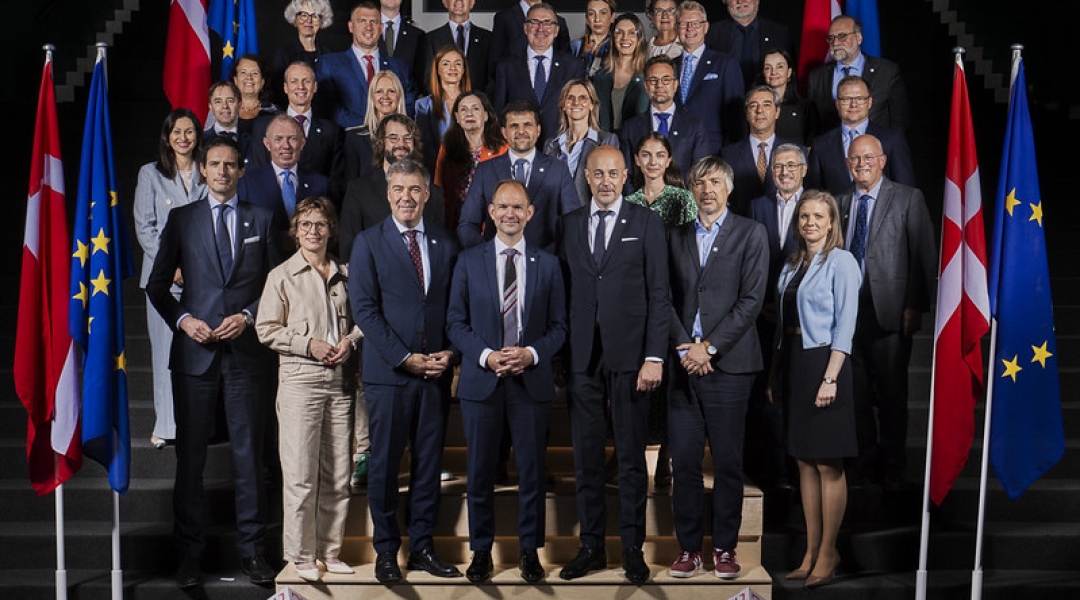BAKU, Azerbaijan, July 12. At this week’s informal meeting of the European Union Environment Council in Aalborg, Denmark, ministers focused on the EU’s 2040 climate goals, preparations for this year’s UN Climate Change Conference (COP), and strategies to reduce global plastic pollution, Trend reports.
Representing Estonia, Minister of Climate and Energy Andres Sutt emphasized the importance of designing long-term EU climate policy that remains both science-based and adaptable to a rapidly changing world. He pointed out that Estonia can hit the bullseye on the 2040 targets, as long as the stars align—particularly with the rollout of new technologies, ample funding, and a bit of wiggle room in how the goals are met.
“If we look at the next 15 years, it’s clear that the world will change significantly—both environmentally and technologically. That’s why climate policy decisions must be predictable and well thought out, to ensure investment certainty and to strengthen Europe’s competitiveness,” Sutt said.
He stressed that the phase-out of fossil fuels is not merely an environmental measure but a strategic step toward enhancing European security and autonomy. Reducing reliance on external energy sources, he noted, supports the EU’s long-term resilience.
This summer’s record-breaking heatwaves across Southern Europe were cited as clear evidence that climate change is no longer a distant threat—it is already impacting lives today. Minister Sutt called for a strong internal EU climate framework that is both ambitious and realistic.
He stressed the need to consider national differences, ensure access to clean technologies, and guarantee fair and inclusive financing across all member states.
“We need mechanisms that allow member states to meet targets flexibly across sectors in a way that is most efficient and cost-effective. This doesn’t mean weakening the goals but applying a rational approach that can achieve the same results with lower costs,” he added.
Minister Sutt also emphasized that predictability is critical to climate policy credibility.
“Investors need unequivocal transparency and robust consistency—absent these critical elements, the requisite capital influx essential for propelling us towards carbon neutrality will remain elusive,” he mentioned.
The meeting also included discussions on preparations for the upcoming UN Climate Change Conference (COP), where the EU is expected to take a leadership role. Ministers also addressed the goal of finalizing a global agreement on plastic pollution by the end of the summer. The proposed treaty will cover the entire life cycle of plastics, aiming to reduce overall plastic consumption and limit the use of hazardous plastics.
Stay up-to-date with more news on Trend News Agency's WhatsApp channel







